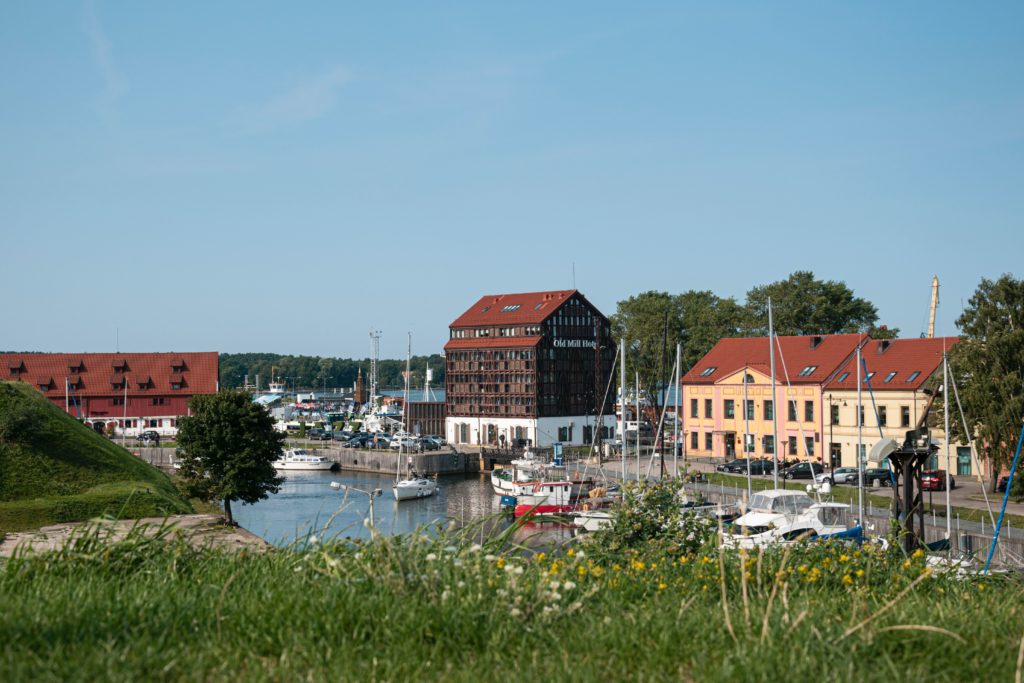Living under the rule of Russia for more than 200 years, the social division created by the Russians based on age bands is still visible if inspected closely. The purpose of dividing society into age bands was that each band was expected to perform certain tasks, have a particular lifestyle, and display certain social traits; all of which were dictated by the state.
Children were expected to play certain board games and consume drinks suggested by the state, adults were bound for harsh labor and expected to provide sustenance, while the old retired folks and the sick were pictured as laid-back folks waiting for their demise.
Lithuania is among the three Baltic states and a member of the European Union since 2003. It has a flourishing economy and significant advancements in energy & power, agriculture, and tourism sectors. With this boom in economic activity, opportunities for fresh talent and skilled labor also increased, and soon people from neighboring and other countries poured in to fill the demand.
This article is dedicated to exploring ways to acquire employment and work permits in Lithuania.

Types of work visas in Lithuania
To start with, citizens of the European Union member country are not required to obtain a visa to visit, work, or stay in Lithuania. However, like other countries in the world, Lithuania has a set of rules and immigration laws that apply to all non-EU and other foreign nationals who aspire to live and work in the country.
Secondly, those who wish to work in Lithuania need to obtain two essential documents; a work permit and a temporary resident visa. Such a visa is known as a national visa D.
Requirements to obtain work visas
Before the request for a work visa can be processed a valid employment letter is required. An aspirant may obtain lawful employment either through online job postings or an agent in Lithuania. Once he/she secures the job, it is the responsibility of the employer to apply for a work permit for the incumbent.
The employee may be demanded to submit the below-mentioned documents by the employer and/or the immigration.
- Academic certificates
- Professional certificates, experience certificates, and other certifications if mentioned in the job application
As stated earlier, an employee will need a temporary residence visa or national visa D to legally stay for the duration of the job. The requirements for visa D are as under:
- Application for visa D filled out using the e-application form available on the official website of the immigration department of Lithuania
- Passport issued within 10 years of application and has at least 3 months validity after the duration of the visa.
- The passport must have at least 2 blank pages
- Work permit
- Source of income and proof that the applicant can support decent sustenance
- Health insurance
Application process
The issuance of a work permit revolves around the collaboration of the employer and the applicant. Below is a summary of the process that takes place under normal circumstances.
- Aspirant applies for a job in Lithuania online or through an agent in the country against a job opening posted online or in national media (print, digital, electronic, etc.)
- Offer made by the employer and the same accepted by the applicant
- A work permit application is submitted by the employer with the immigration/labor department to obtain a permit in favor of the incumbent
- The labor exchange department issues the permit
- Incumbent submit documents and applies for a national visa D at his/her closest Lithuanian embassy or a diplomatic mission
- Upon issuance of visa D, the incumbent may enter Lithuania and assume his/her role as designated by the employer


